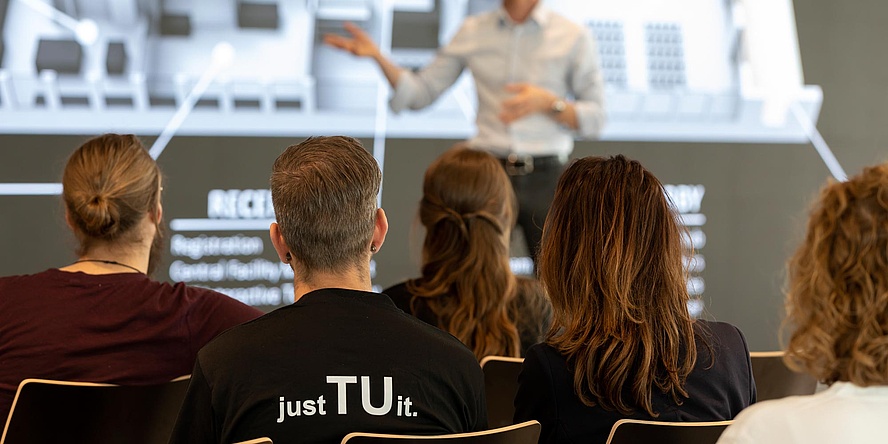Keen entrepreneurial thinking among students and employees is one of the guiding goals of TU Graz and is reflected in numerous start-ups. As the survey for the Spin Off Dashboard of the Spin-off Austria initiative has now revealed, Graz University of Technology (TU Graz) is the most start-up-active Austrian university. Between April 2018 and July 2021, a total of 34 academic launches occurred (of which 30 were academic start-ups and four were utilization spin-offs). Vienna University of Technology (TU Wien) is in second place with 23 start-ups.
The Spin-off Austria jury particularly emphasized the “comprehensive, detailed, specific and well-anchored spin-off strategy as well as a broad range of courses on entrepreneurship”. Furthermore, TU Graz has an excellent infrastructure as well as a large network for start-up activities (for example, WTZ Süd, Science Park Graz – the high-tech start-up incubator in Graz, the University’s own FabLab and the Start-up Garage).
Entrepreneurial TU Graz
TU Graz has been fulfilling essential attributes of an entrepreneurial university for many years. It plays a leading role in Austria in the competitive acquisition of third-party funding from business cooperations, as well as in the participation in COMET competence centres. Basic economic literacy has traditionally been a high priority in teaching. The student teams of TU Graz operate at a world-class level and the demand from industry for graduates from TU Graz is very high. Accordingly, the commitment to entrepreneurship and intrapreneurship can be found in prominent places in the TU Graz mission statement, where it states, for example:
TU Graz enables its students to develop critical and creative personalities, incorporates basic research into market-focused innovation processes, and by doing so creates fertile ground for start-ups.
The strategic project “Entrepreneurial University” was established at TU Graz a few years ago under the leadership of the current rector, Harald Kainz, in order to develop new formats in entrepreneurial education and extracurricular courses, to professionally use the opportunities of new programmes, to support the expansion of infrastructure such as labs and maker spaces and to focus on the career option as a founder in external and internal communication.

